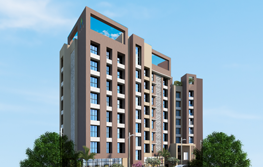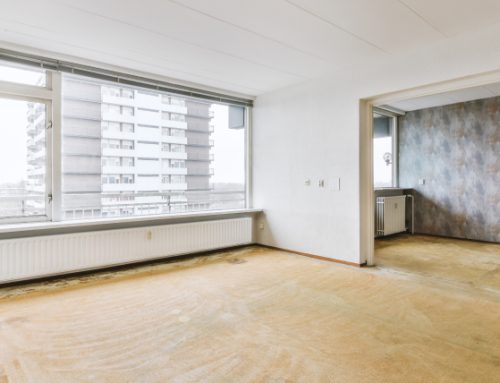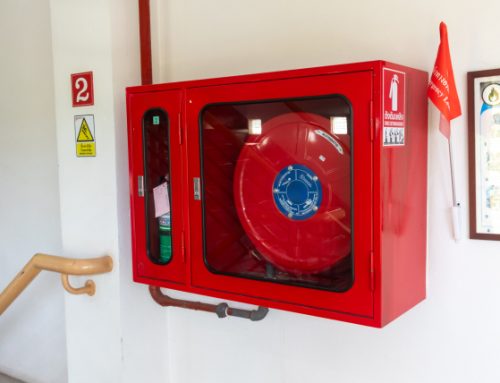Real estate is one of the best investments. Whether it is for use by oneself or for sale in the future, having a property in Thane offers great financial security. Properties, typically, are of two kinds-residential and commercial. Both these differ in terms of valuation, financial matters and legal obligations. Knowing about the key differences, as outlined below, will help you choose the better property for your needs.
1. Nature of Use
Residential properties are meant for living purposes or personal use only. This includes apartments, flats, individual houses, and villas. Residential real estate projects in Thane can be bought or rented for this purpose. On the other hand, commercial properties are used for business or income generation. These include shops, offices, warehouses, hotels etc.
2. Financing Options
Home loans are easier to obtain and can be undertaken at competitive interest rates while commercial properties incur more stringent scrutiny making it more complicated to secure a loan. Commercial property loans also require a lot more paperwork, such as financial statements and income capabilities of the business. Further, while home loans are in the name of the homeowner, commercial property loans are undertaken in the name of the business entity.
3. Market Demand
A residential 2 BHK property in Thane is likely to remain high in demand even during an economic downturn as people will always need a home. Further, well-connected properties, such as those by top developer Ace Realty, will always attract buyers. Commercial properties, however, may show changes in demand owing to market changes. While in popular locations demand may be stable, in others, economic changes may lead to changes in valuation of the property.
4. Return on Investment
Commercial properties have a higher rent and property price allowing for a higher return on investment. Based on the location, infrastructure, and amenities, even small properties can generate huge income. Residential properties while low-risk, offer lower income as compared to commercial properties.
5. Property Maintenance
In residential properties, the property owner is typically responsible for major maintenance, while tenants only need to take care of the basics. In case of a common maintenance charge paid in a society, based on the contract, the owner may be obligated to pay the charges. In commercial properties, most of the maintenance burden is likely to be that of the tenant thus reducing the owner’s financial burden and hassle.
6. Utilities
While residential and commercial properties may use the same energy source, the charges may differ between the two. Commercial properties use higher energy and have the option of purchasing energy in bulk thus enjoying some concession and tax benefits. However, during peak business hours, if they use the highest rate of energy, additional demand charges are levied for those hours.
Conclusion
Real estate in itself is one of the best investment options in India. Whether it is a residential property in Mulund or a commercial property in Thane, both offer numerous financial benefits. Choosing the better type of property for you will depend on your goals, risk tolerance, and budget. Residential properties offer easier financing and have a low-risk and lower return than commercial properties. Commercial properties provide higher returns but come with added risks, a higher expense and more paperwork. Understanding these differences can help you identify the best property for your portfolio.









































